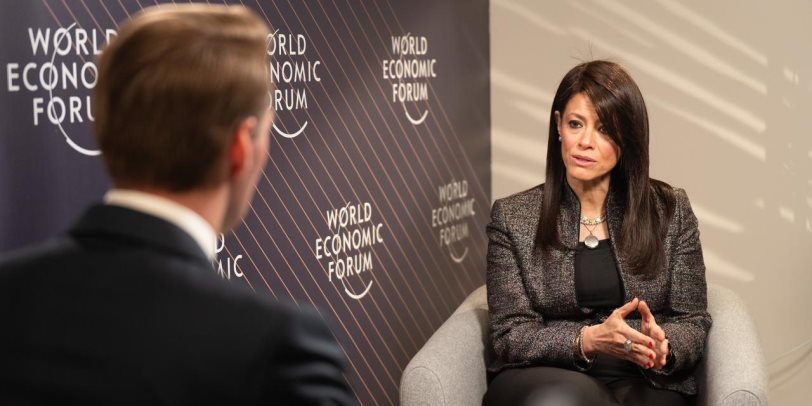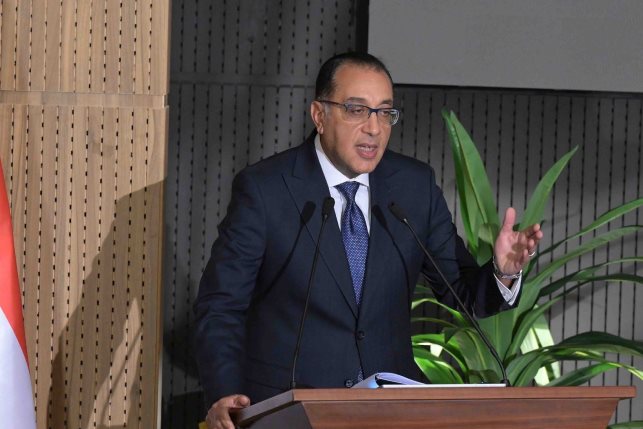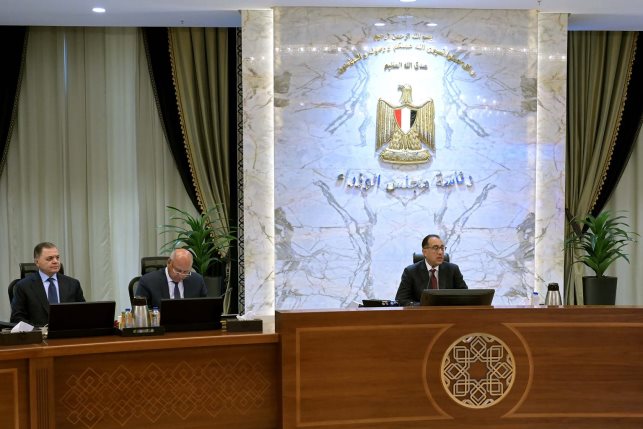Enhancing human capital investment supports comprehensive growth & sustainable development | MOICMin
The session discussed the World Economic Forum initiative, which it launched with the aim of reshaping the special skills of the global workforce to prepare one billion people for tomorrow’s economy

During the activities of the special meeting of the World Economic Forum (WEF) in Riyadh, Minister of International Cooperation, Rania Al-Mashat stressed the importance of investment efforts in human capital to lead comprehensive growth and sustainable development, pointing out that the rapid development worldwide and changes in the requirements and skills needed for the labor market require a completely different workforce and skills that keep pace with modern technologies and artificial intelligence.
The session discussed the World Economic Forum initiative, which it launched with the aim of reshaping the special skills of the global workforce to prepare one billion people for tomorrow’s economy, as the ambitious program teaches the skills necessary to prove their future careers, such as artificial intelligence techniques.
Al-Mashat also participated in an open dialogue, in her capacity as co-chair of the World Economic Forum’s Network for Investment Mobilization for Clean Energy in the Global South, where she stressed that developed countries and the international community have an obligation to fulfill their responsibility towards countries of the Global South, based on the principle of “common but differentiated responsibilities”, to enhance efforts to mobilize climate investments in light of the disparity in capabilities between countries.
She pointed out that the average climate finance flows reached $1.3 trillion in the year 2021-2022, of which developing and emerging countries received only 13%, while the countries of the Global South received 2%, stressing that despite the huge commitments that climate action requires, they are very small if compared to the cost of losses that could be caused by rising temperatures.
Al-Mashat spoke in a number of media interviews with international media, where she confirmed that geopolitical developments in the Middle East region negatively affected Suez Canal revenues and contributed to their decline by 50%, which subsequently affected the balance payments, noting that the government has strengthened its cooperation with the International Monetary Fund (IMF) and implemented many other measures to overcome the effects of that crisis.





